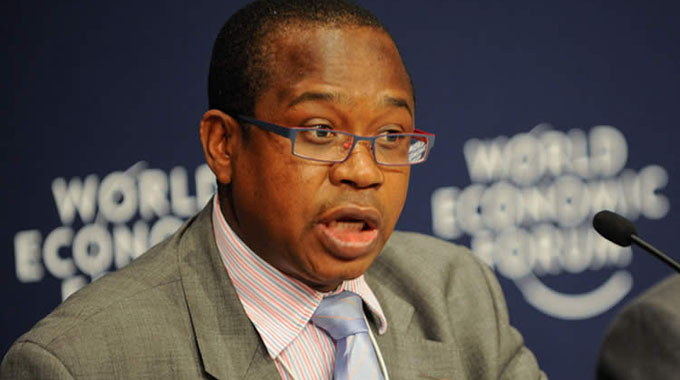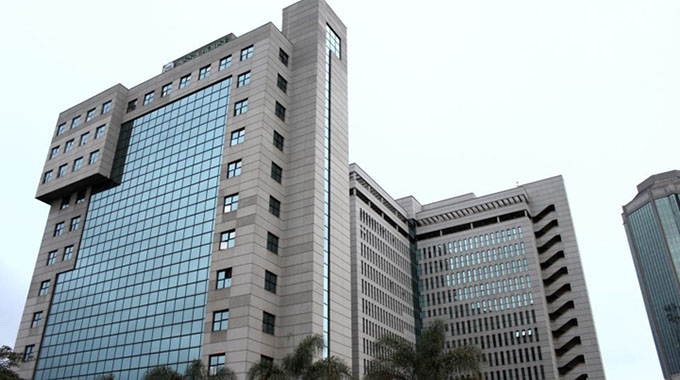EDITORIAL COMMENT : Austerity, pain should be for everyone

When Finance Minister Professor Mthuli Ncube presented his 2019 National Budget Statement two months ago, perhaps a few understood the import of his economic plans.
The theme of his budget was “Austerity for Prosperity” — something whose full significance we may have to understand as the year, and the books, open for the New Year.
The message is clear enough: brace up!
Zimbabwe is closing the year facing a myriad challenges that stem from deep structural issues that have characterised the country’s economy over the past two decades.
Fuel shortages, rising inflation, price hikes and a shortage of some commodities on the market are key challenges which put a damper on this year’s festive season.
Indeed, President Mnangagwa acknowledged these problems in his message for Christmas. It was not going to be an easy, enjoyable Christmas for all of us, he said.
As we move into 2019, there is not going to be some magic wand to our national problems.
If anything, things could get a little more complicated, with the current weather conditions pointing to a drought that could threaten national food security.
This in turn will increase the vulnerability of the poor and marginalised.
Food deficiency is also known to drive inflation up.
The country will have to spend scarce foreign currency to import food and grain to stave off hunger.
Any plan predicated on an “all things equal” approach will be thrown off the rails by an inclement agricultural season.
It is a timely warning to Government to start working on worst case scenarios to avoid panic. Acknowledging the challenges ahead is only a part of the road to mitigating their impact.
Things are not going to be “equal” in 2019: it follows that Zimbabweans will have to tighten their belts for a tough year.
Ironically, under these conditions, Zimbabwe could finally get a formula for wriggling out of the woods.
This is where Prof Mthuli Ncube’s economics of “Austerity for Prosperity” could make a huge impact.
The Finance Minister has said Zimbabwe ought to cut down on spending and his budget considered a number of measures that will see the containment of expenditure.
These include cutting down the civil service wage bill, the removal of “ghost workers” and youth officers as well a haircut on salaries of top civil servants, including the President and his deputies.
On the other hand, Government is collecting more tax and expanding the revenue base.
The Finance Minister sees a Zimbabwe that spends less and saves more; which will narrow the national debt and work towards sustainability and growth.
It is something that calls for discipline and sacrifice.
Our leaders will have to be good examples.
Austerity and pain should not be for the poor only. If anything, leaders should devise ways to cushion the poor and vulnerable during this necessary pain.
The nation frowns upon recent demands by Members of Parliament for luxury vehicles, amenities and other privileges when their constituents are tightening their belts.
Where is the servant leadership?
This is a time when top officials must share the pain of their followers while being innovative in finding long overdue solutions to challenges affecting the country.
President Mnangagwa has already thrown the gauntlet, challenging the country to attain Upper Middle-Income Economy Status by 2030.
How Zimbabwe — its leaders and citizens — rises above the present challenges for this high bar is something that will define us as a country.
Everyone must stand up and be counted.










Comments